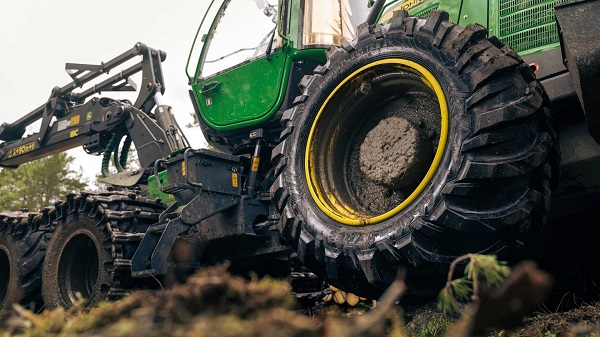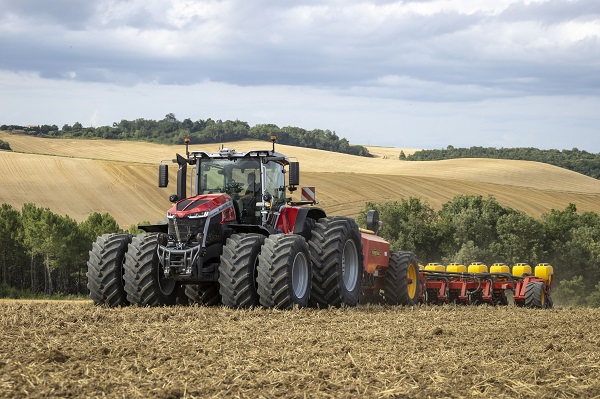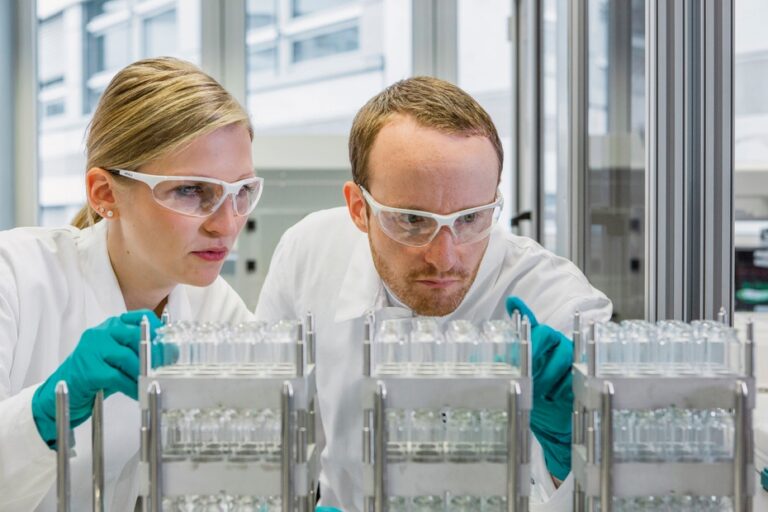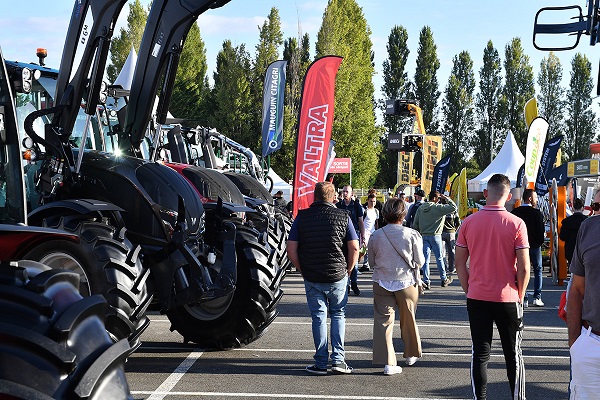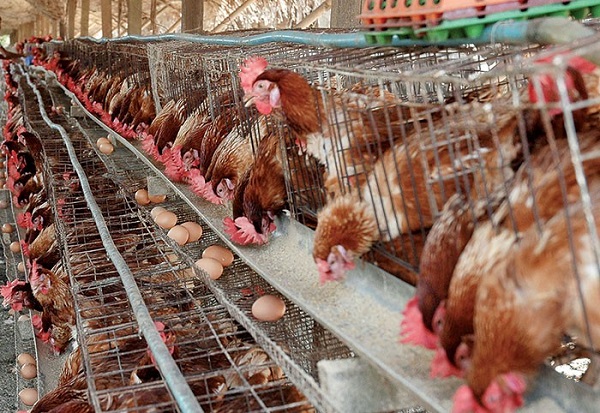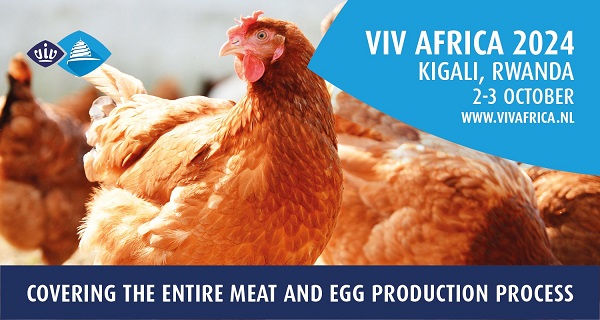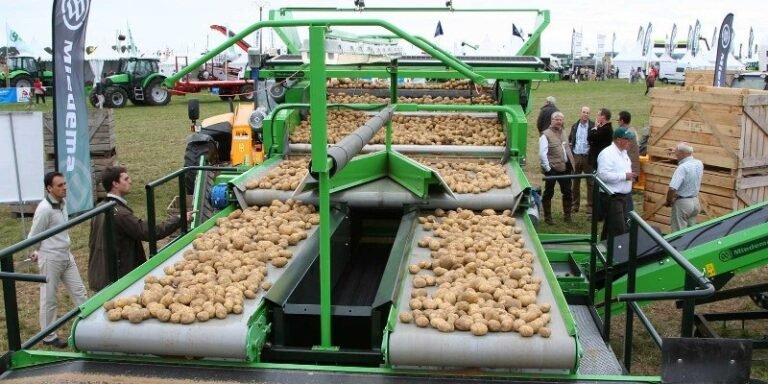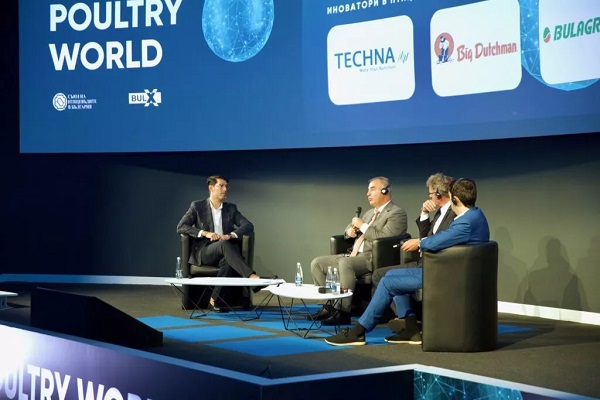Ponsse is presenting new features to support forest machine operators’ daily work and to assist forestry entrepreneurs to follow up on the fleet’s profitability and productivity
The PONSSE Scale crane system manages load data during all working stages, and the PONSSE High-Precision Positioning solution, which helps the machine operator know the exact location of the machine and the harvester head.
We are also presenting a fossil-free material concept load space. Ponsse is the first forest machine manufacturer in the world to show a part of forest machine made of SSAB fossil-free steel.
We aim for a fossil-free future
We have manufactured at Vieremä factory a PONSSE Buffalo forwarder´s load space of SSAB fossil free steel. This is a material concept to invest in the workability, behaviour and characteristics of the new material used in forest machine manufacturing. The load space is designed only for material testing and does not correspond to production models. The material concept is part of the FORWARD27 ecosystem project.
PONSSE Scale
PONSSE Scale is a crane scale system that weighs, sorts, saves and manages load data during all working stages. The collected weighing data makes load handling routines easier. Precise weight measurements ensure an optimal load at all times. It features full weighing automation during both loading and unloading, with detailed load registration. Whether loads are grabbed in the middle or off-centre does not affect the weight result. Load details, load logbooks and measuring accuracy data are available in easy-to-read reports. PONSSE Scale has excellent weather resistance, with accurate results in both hot summer temperatures and winter’s sub-zero temperatures.
PONSSE Scale can be installed in all PONSSE forwarder loader models.
PONSSE High-Precision Positioning
PONSSE High-Precision Positioning is a solution that helps the machine operator know the exact location of the machine and the harvester head. This enables the effectiveness of logging operations to be maintained, even in changing conditions.
Utilising industry-leading navigation and location tools, as well as Ponsse’s own advanced technologies such as Active Crane, High-Precision Positioning can raise the reliability bar to a level conventional positioning systems often don’t reach.
By defining the exact location of the harvester head and presenting it on a map view, High-Precision Positioning can significantly improve harvesting productivity. The solution clearly shows where the operator should harvest and the areas that should be avoided. Every stump location is saved in the production file, and the driving path the harvester creates is clearly visible to the forwarder.
The new solutions will improve your operations’ productivity and safety. They will also ensure that the site is most reliably and responsibly completed on time and on budget.
High-Precision Positioning is available in Finland, Sweden and Germany for all PONSSE harvesters equipped with Active Crane, and it can also be retrofitted. Availability for other markets will be specified later.
On Friday 14 June, Ponsse celebrated its long journey in Sweden at the Surahammar service centre together with the customers
“The commitment of our staff and our comprehensive service network has been developed over the years to respond to customer needs. Ponsse AB was established in Sweden in 1994, when there were few Ponsse forest machines in the country.
In three decades, we have slowly but surely built and strengthened the Ponsse brand here. We have developed our service network to offer the best customer experience every day. Of course, we are also developing our excellent products to meet customer needs.
Today, we service our approximately thousand-strong forest machine fleet with 8 Ponsse service centres and 17 service dealers across Sweden, says Carl-Henrik Hammar, Managing Director, Ponsse Sweden.
Also Read
Nokian Tyres is setting new standards in CTL segment with new size for Forest King F2
Massey Ferguson’s 9S Series wins prestigious Innovation Farm Machinery Award

